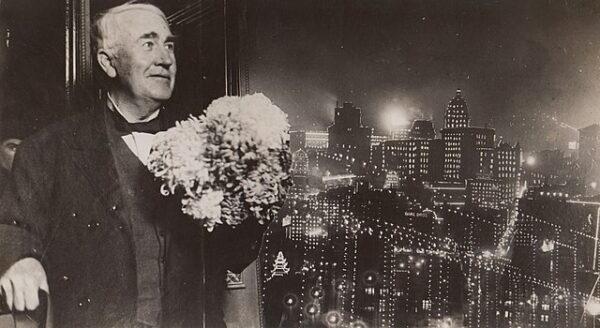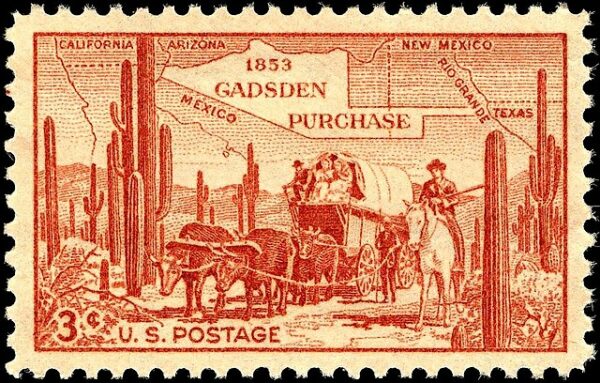On December 7, 1787, Delaware earned its nickname “The First State” by becoming the first to ratify the United States Constitution. This moment marked the start of the Constitution’s path to becoming the supreme law of the land. Delaware’s unanimous decision reflected its leaders’ commitment to unity and the need for a stronger federal government after the struggles experienced under the Articles of Confederation.
Following the American Revolution, the Articles of Confederation had proven inadequate for managing the young nation. Economic instability, foreign relations challenges, and internal discord highlighted the need for change. Recognizing these issues, the Constitutional Convention met in Philadelphia in 1787 to create a new framework for governance. Delegates from 12 states worked to draft a Constitution that balanced federal and state powers, addressing critical concerns like representation, taxation, and executive authority.
Delaware’s leaders understood the importance of a unified and efficient federal government, especially given the state’s small size and vulnerable position between larger states like Pennsylvania and Maryland. Under the Articles of Confederation, Delaware’s interests were often overlooked, but the proposed Constitution’s promise of equal Senate representation appealed to the state’s leadership. Delaware also had a tradition of progressive governance, having adopted its own constitution in 1776, which set a precedent for democratic principles. By ratifying the U.S. Constitution, Delaware sought to protect its sovereignty while supporting a national framework capable of fostering commerce, security, and justice.
Delaware’s ratification convention began in Dover on December 3, 1787, with 30 delegates from the state’s three counties: New Castle, Kent, and Sussex. After reviewing and debating the Constitution, the delegates voted unanimously on December 7, 1787, to ratify it, making Delaware the first state to do so. This historic decision underscored the state’s confidence in the proposed federal government and set a powerful example for other states to follow.
The ratification was a symbolic moment for Delaware and the nation. It demonstrated that even smaller states could play a decisive role in shaping the country’s future. Delaware’s decision encouraged other states to ratify the Constitution, leading to its official adoption in 1789 once New Hampshire became the ninth state to approve it.
Delaware’s early action became a source of pride, and in 1933, the state officially adopted the nickname “The First State.” December 7 is now celebrated annually as Delaware Day, a holiday honoring the state’s pivotal role in the nation’s founding. This legacy highlights Delaware’s foresight and leadership during one of the most critical periods in American history. By embracing the new Constitution, Delaware helped lay the groundwork for the United States as a unified and enduring nation.






